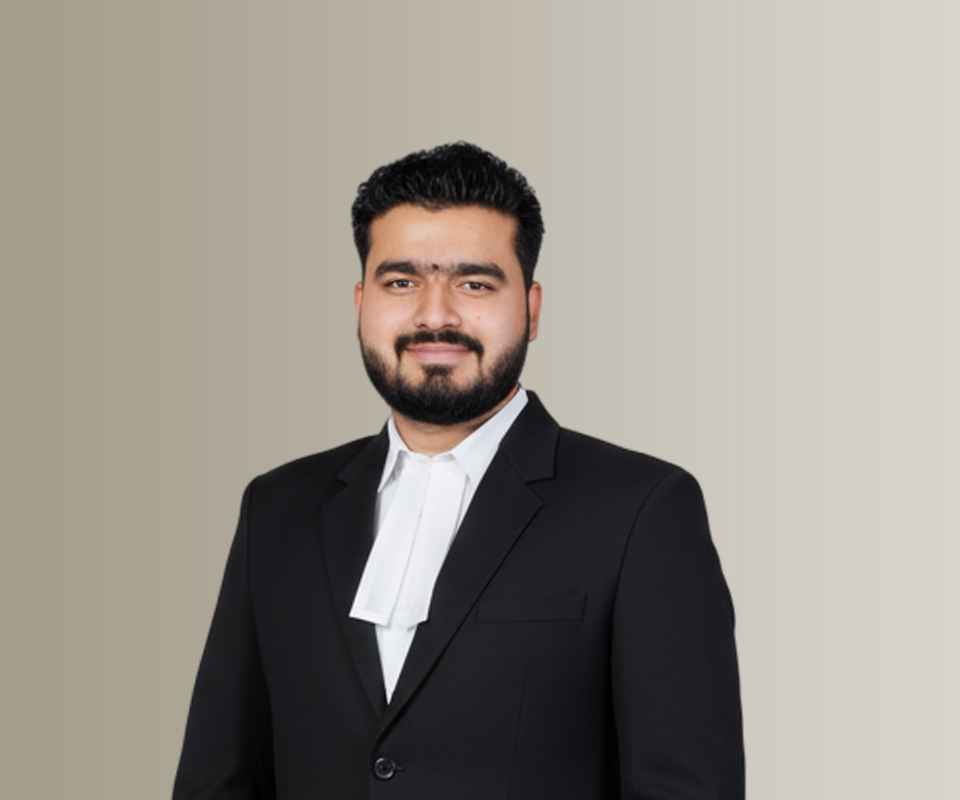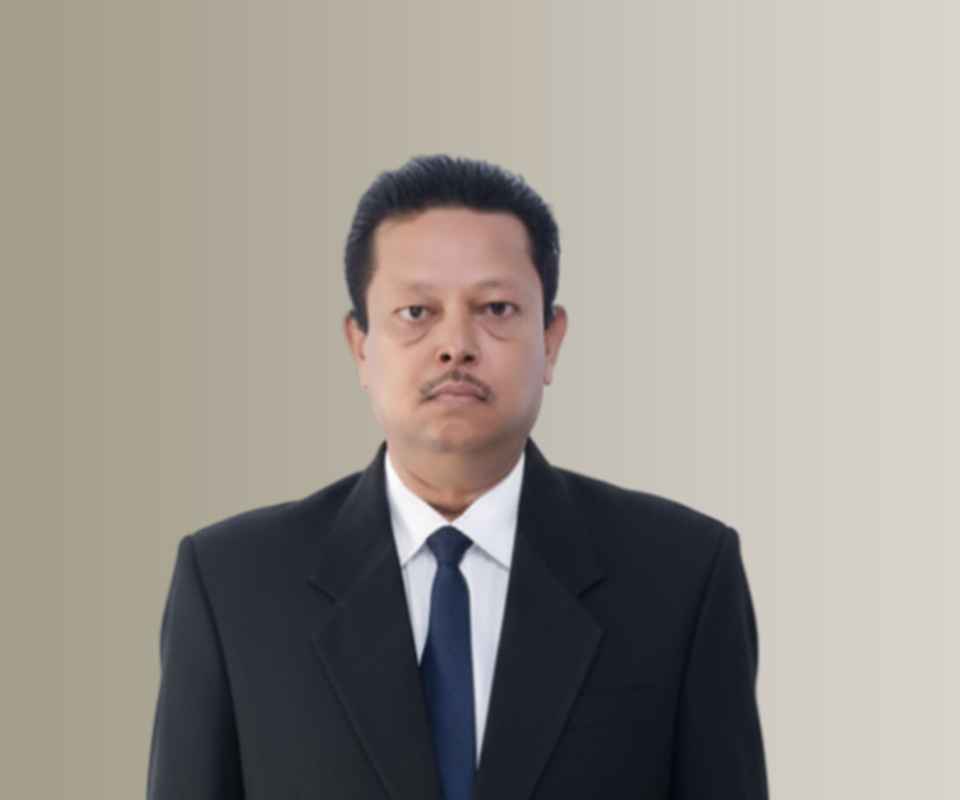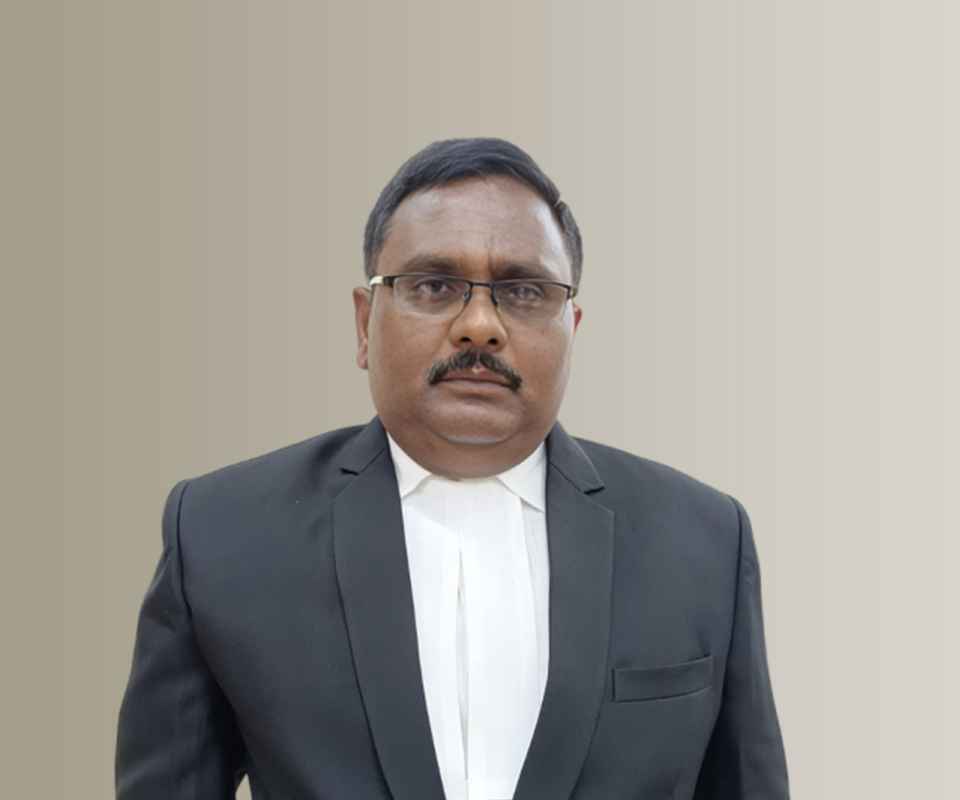Answer By law4u team
Bharatiya Nagarik Suraksha Sanhita, 2023 - Section 113: Letter of request from a country or place outside India to a Court or an authority for investigation in India
(1) Upon receipt of a letter of request from a Court or an authority in a country or place outside India competent to issue such letter in that country or place for the examination of any person or production of any document or thing in relation to an offence under investigation in that country or place, the Central Government may, if it thinks fit—
(i) forward the same to the Chief Judicial Magistrate or Judicial Magistrate as he may appoint in this behalf, who shall thereupon summon the person before him and record his statement or cause the document or thing to be produced; or
(ii) send the letter to any police officer for investigation, who shall thereupon investigate into the offence in the same manner as if the offence had been committed within India.
(2) All the evidence taken or collected under sub-section (1), or authenticated copies thereof or the thing so collected, shall be forwarded by the Magistrate or police officer, as the case may be, to the Central Government for transmission to the Court or the authority issuing the letter of request, in such manner as the Central Government may deem fit.
Brief Detail
This section outlines the procedure for handling letters of request received from foreign courts or authorities regarding investigations in India. It details how the Central Government can forward these requests to appropriate judicial or police authorities to facilitate the examination of witnesses and collection of evidence related to offences being investigated abroad.
Question & Answers
What is the purpose of Section 113?
It establishes a framework for responding to requests from foreign authorities for assistance in investigations in India.
Who can issue a letter of request?
A Court or authority in a country or place outside India that is competent to issue such letters.
What actions can the Central Government take upon receiving a letter of request?
It can forward the request to a Chief Judicial Magistrate or a police officer for investigation.
What happens if the request is forwarded to a Magistrate?
The Magistrate will summon the relevant person and record their statement or require the production of documents.
How is the collected evidence handled?
All evidence or authenticated copies collected must be forwarded to the Central Government for transmission back to the issuing authority.
Example
- A foreign court requests the examination of a witness living in India as part of an ongoing investigation into a fraud case.
- The Central Government receives the letter of request and forwards it to the Chief Judicial Magistrate.
- The Magistrate summons the witness, records their statement, and collects any relevant documents.
- All evidence collected is then sent to the Central Government to be transmitted back to the foreign court.
Summary
Section 113 of the Bharatiya Nagarik Suraksha Sanhita, 2023, provides a structured process for Indian authorities to respond to investigation requests from foreign jurisdictions. It ensures international cooperation in legal matters, enabling the collection of necessary evidence for cases being investigated abroad.







